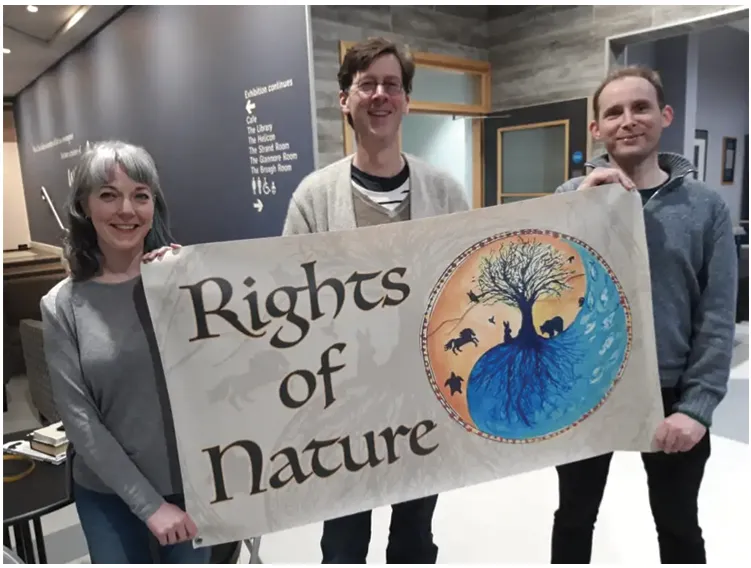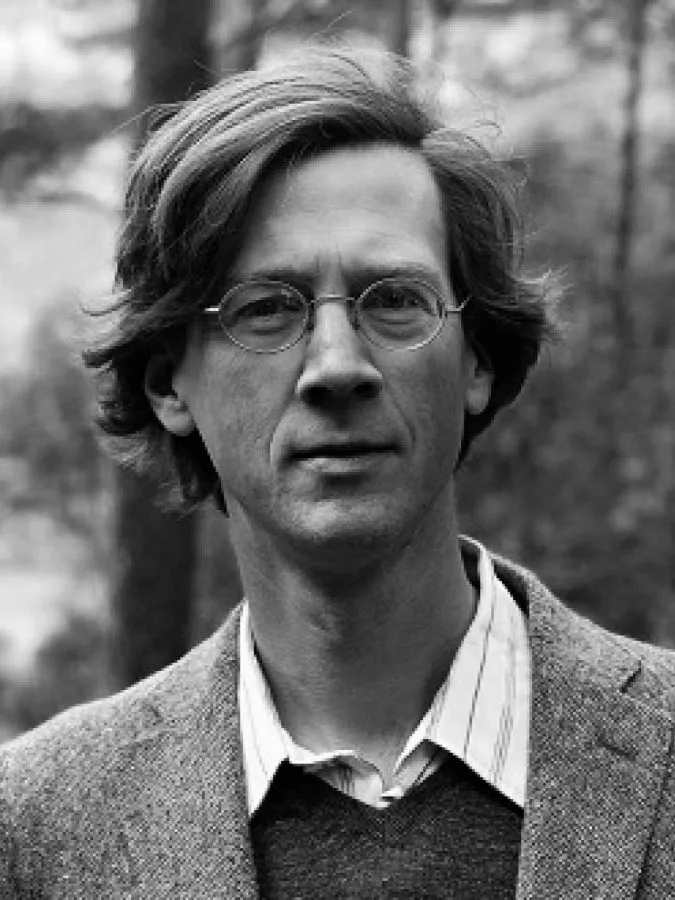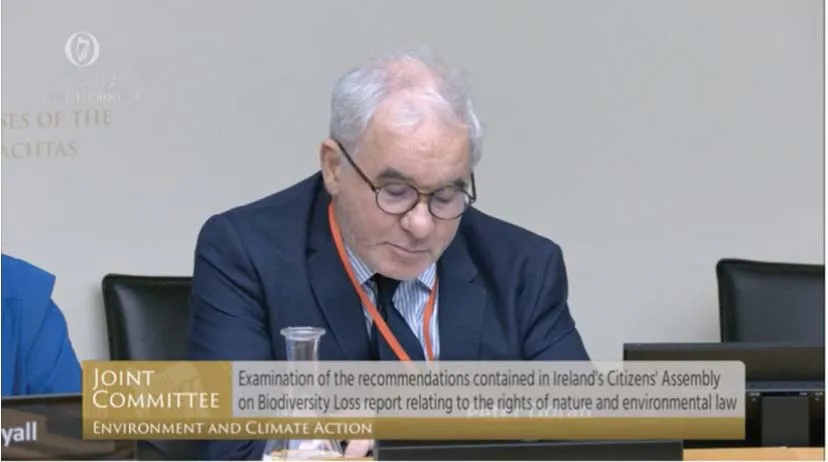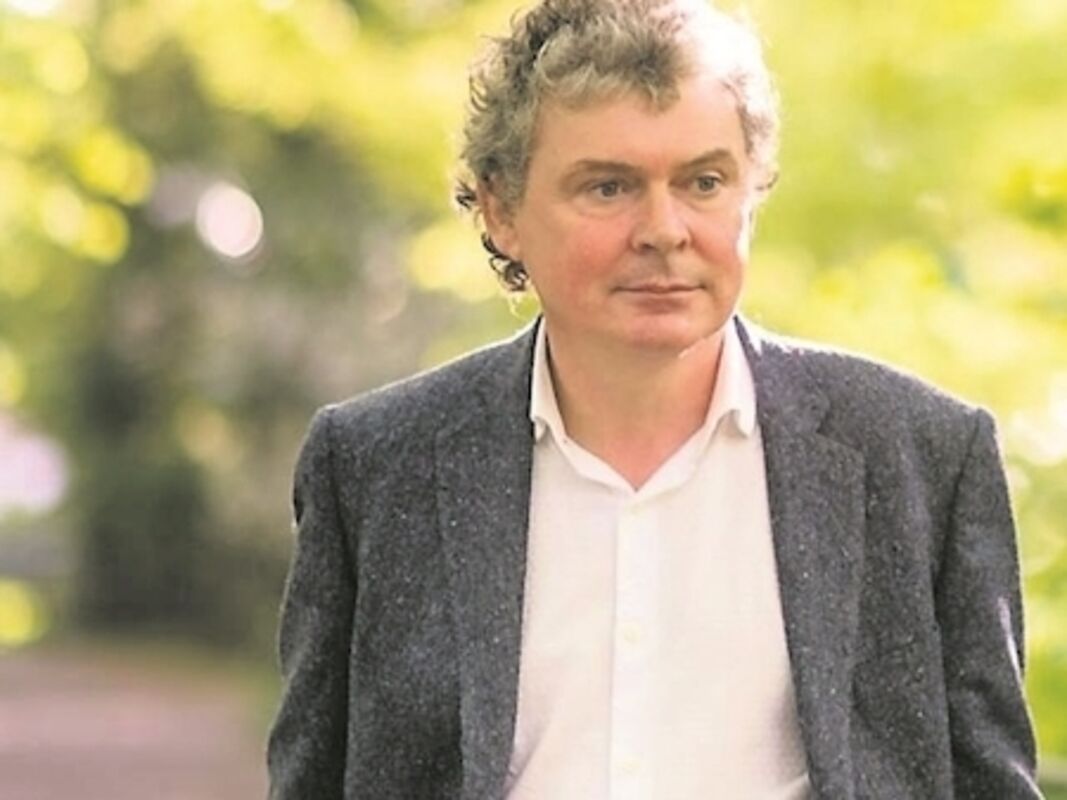


Welcome to the online gathering place for supporters of the recommendations by the Citizens Assembly on Biodiversity Loss for the incorporation of the Rights of Nature and the Human Right to a healthy environment in Bunreacht na hÉireann.
The site is maintained by the Queen’s University-led caucus for the Rights of Nature, a group of activist academics dedicated to the constitutional, legal and cultural expression of the Rights of Nature across our living island, an island constituted by a multitude of living species, a living landscape, living waters.
In the spirit of Amhairghin, we declare that the integrity and beauty of all our lives and the lives of the more-than-human are best realised as a dance of interbeing. This insight is embedded deep in our systems of myth, story-telling, language and poetry.
Our forebears endured and sacrificed so much to protect and conserve this island that we share. Our forebears endured and sacrificed so much to get us to this moment. There's an enormous moral obligation on us now to ensure we maintain their legacy. It's vital we adopt the Rights of Nature.
Chosain agus chaomhnaigh ár sinsir dúlra na tíre leis na cianta. Tá sé de dhualgas orainn a chinntiú nach loitfear í i rith ár seal anseo. Tá sé riachtanach go nglacfar le na Rights of Nature.

You can follow the Dáil debate on the report of the Joint Committee on Environment and Climate Action live on the parliament's website:https://www.oireachtas.ie/. Write to your TD and Senator and make sure that they speak up in support of the Committee's recommendations for an Expert Group on incorporating the Rights of Nature and the Human Rights to a Healthy Environment into the Constitution

This Assembly was organised with the utmost concern for democratic principles of participation, and so it is this campaign’s proposal that the voice of its members should be heard. Citizens assemblies have helped form Irish constitutional principles in the past, and the subjects covered by this Assembly relate personally to everyone with a connection to this natural world of Ireland that is slipping away from us.
For other resources on Rights of Nature visit the Environmental Justice Network Ireland (EJNI)

The Joint Committee on Environment and Climate Action heard evidence on the Rights of Nature and has taken up consideration of the Citizens Assembly’s recommendations. It will send its report and recommendations to the office of An Taoiseach by the end of 2023.
You can follow the progress of the Committee and civil society’s support for the Citizens Assembly’s recommendations by visiting this site. You are also welcome to suggest coverage by contacting the Editor, Dr Peter Doran

A short film produced in collaboration with EJNI, Ravenhill Films, Newcastle University View here
Read more
On 18th April 2024 the report of the Joint Committee on Environment and Climate Action on the recommendations from the Citizens Assembly on Biodiversity (2023) will be debated in Dáil Éireann. Both the Assembly and the Committee have called for a referendum on an amendment [or amendments] to incorporate the right to a healthy environment and the Rights of… Continue reading Upcoming parliamenary debate
Read more
The Irish Wildlife Trust (IWT) warmly welcomes the recommendation from the Citizens’ Assembly on Biodiversity Loss that the constitution should be amended to better protect biodiversity. The IWT had asked in our submission that the rights of nature be enshrined in our Constitution as well as recognising the rights of people to a safe and… Continue reading Irish Wildlife Trust welcomes recommendations from the Citizens’ Assembly on Biodiversity Loss
Read more